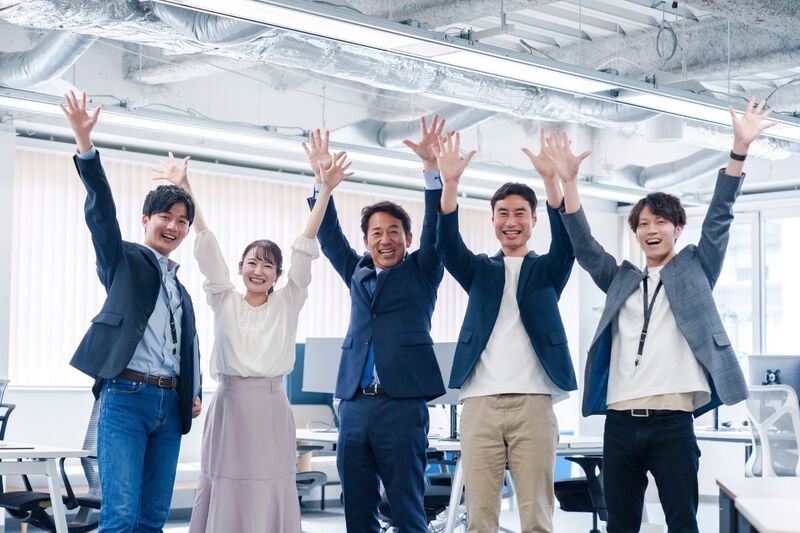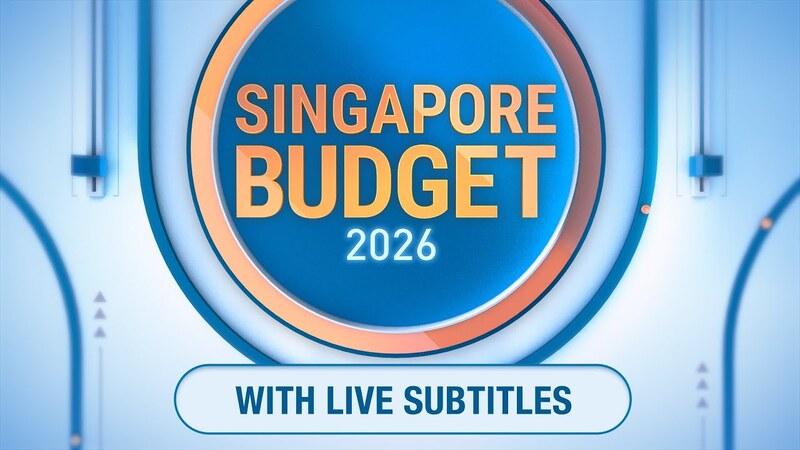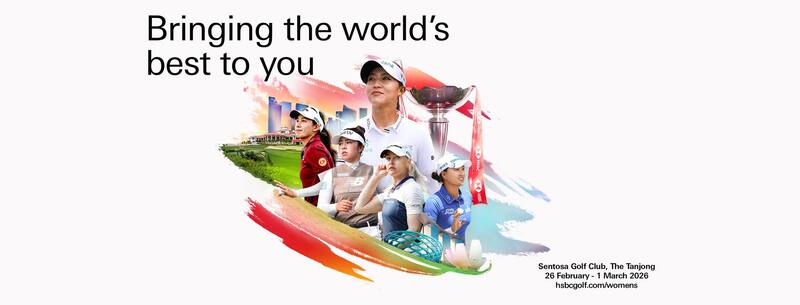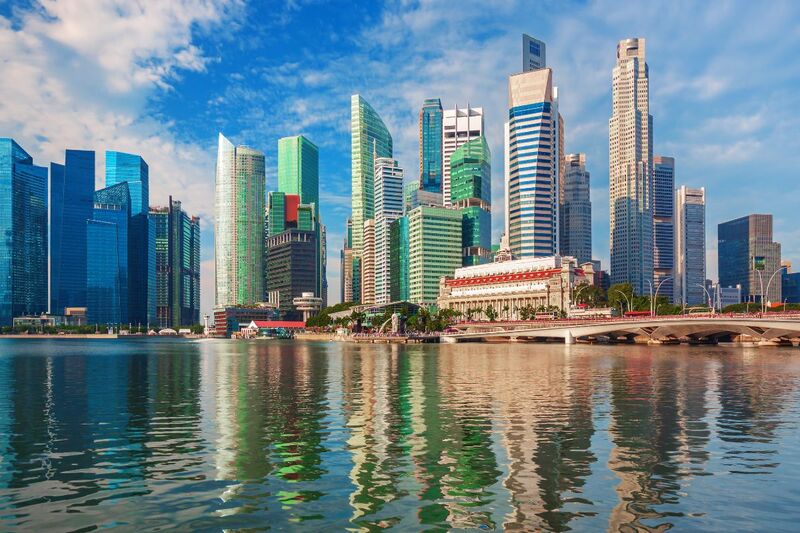Beyond Gender Stereotypes: How Singapore Workplaces Can Support Men’s Well-Being and Inclusion

This article is written in English for readers in Singapore. Chinese and Japanese translations are available on our website.
Breaking the Silence on Men’s Mental Health
Every year on 19 November, the world observes International Men’s Day, celebrating positive male role models and highlighting men’s health and well-being.
In Singapore, the topic of men’s mental wellness has gained attention — but workplace initiatives remain uneven. While women’s empowerment has been strongly advanced in HR policies, the unique challenges men face often go unnoticed.
According to the Institute of Mental Health (IMH), one in five men in Singapore will experience a mental health challenge in their lifetime, yet fewer than 30% seek help. Many cite fear of stigma or professional repercussions.
In high-performance sectors such as finance, engineering, and technology, long hours and cultural expectations of stoicism can lead to burnout, strained relationships, and disengagement.
Rethinking Inclusion: What About Men?
The upcoming Workplace Fairness Bill (2025) aims to safeguard employees from discrimination based on gender, age, and mental health conditions. However, inclusion is not only a legal issue — it’s also a business imperative.
Reeracoen’s APAC Workforce Whitepaper 2025 found that over 72% of professionals in Singapore value empathetic leadership and emotional support from management over monetary incentives.
This highlights a growing understanding: men also need safe spaces for dialogue, mentorship, and emotional well-being at work.
Common barriers faced by men in workplaces include:
- Pressure to appear “strong” or unemotional under stress.
- Lack of role models who openly discuss vulnerability or balance.
- Limited access to flexible leave for caregiving or mental health recovery.
- Underrepresentation in HR-led wellness programmes, which often target women.
How Companies Can Support Men’s Well-Being
Building inclusive workplaces for all genders means moving beyond stereotypes and addressing systemic gaps. Here are actionable steps companies can take:
1. Create Safe Channels for Mental Health Conversations
Offer anonymous mental health check-ins, peer support networks, or employee resource groups that include male participation. Managers can model vulnerability by sharing their own challenges constructively.
2. Balance Parental & Caregiving Leave
Encourage both fathers and mothers to use parental leave. Shared caregiving normalises gender equity and reduces burnout for dual-income families.
3. Train Leaders in Gender-Inclusive Management
Equip team leads with emotional intelligence (EQ) and bias-awareness training. The Tripartite Alliance for Fair and Progressive Employment Practices (TAFEP) offers modules on inclusive leadership and fair employment.
4. Normalise Flexible Work for All Genders
Avoid framing flexible work as a “female benefit.” When men are equally encouraged to use hybrid or flexible arrangements, workplace stigma diminishes.
5. Recognise Men’s Mental Health in HR Strategy
Integrate men’s wellness themes into corporate calendars, HR workshops, and Employee Assistance Programmes (EAPs). Recognition fosters inclusion and shared accountability.
From Awareness to Action
Supporting men’s well-being is not a trend — it’s a transformation of workplace culture.
Companies that foster openness, empathy, and equity see measurable gains in retention, productivity, and trust.
Reeracoen Singapore continues to help employers design inclusive hiring and retention frameworks aligned with the Workplace Fairness Bill and emerging mental health best practices.
Key Takeaway
True inclusion means recognising that mental health has no gender.
By supporting men as whole individuals — not just employees — Singapore workplaces can build cultures of compassion, resilience, and sustainable performance.
💡 FAQs: International Men’s Day & Workplace Inclusion
Q1. Why is International Men’s Day relevant to companies in Singapore?
It highlights the importance of inclusive well-being and challenges gender stereotypes that impact male employees’ mental health and engagement.
Q2. What policies promote men’s wellness at work?
Flexible work arrangements, equal parental leave, open dialogue on mental health, and leadership training on inclusion.
Q3. How can HR teams promote inclusivity year-round?
By embedding fairness into recruitment, onboarding, and appraisals — not just during awareness months.
💼 For Employers: Book a consultation with our HR specialists · Submit a Job Description
👩💼 For Jobseekers: Submit your CV · Browse jobs
✅ Final Author Credit
By Valerie Ong (Regional Marketing Manager)
Published by Reeracoen Singapore — a leading recruitment agency in APAC.
🔗 Related Articles:
- [Singapore’s Workplace Fairness Bill: What Employers Must Prepare]
- [Cracking Retention in 2026: Why Onboarding Makes or Breaks Engagement]
- [Salary & Benefits 2026: What Singapore Employers Should Budget For]
📚 References
- Institute of Mental Health (Singapore): Key Statistics
- Tripartite Alliance for Fair and Progressive Employment Practices (TAFEP)
- Workplace Fairness Bill — Ministry of Manpower, 2025
- International Men’s Day Global
- Reeracoen × Rakuten Insight APAC Workforce Whitepaper 2025

Disclaimer:
The information provided in our blog articles is intended for general informational purposes only. It is not a substitute for professional advice and should not be relied upon as such.
While we strive to provide accurate and up-to-date information, the ever-evolving nature of certain topics may result in content becoming outdated or inaccurate over time. Therefore, we recommend consulting with qualified professionals or experts in the respective fields for specific advice or guidance. Any actions taken based on the information contained in our blog articles are solely at the reader's discretion and risk. We do not assume any responsibility or liability for any loss, damage, or adverse consequences incurred as a result of such actions.
We may occasionally provide links to external websites or resources for further information or reference. These links are provided for convenience and do not imply endorsement or responsibility for the content or accuracy of these external sources. Our blog articles may also include personal opinions, views, or interpretations of the authors, which do not necessarily reflect the views of our organisation as a whole. We encourage readers to verify the accuracy and relevance of information presented in our blog articles and to seek professional advice when needed. Your use of this website and its content constitutes acceptance of this disclaimer.





